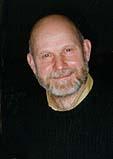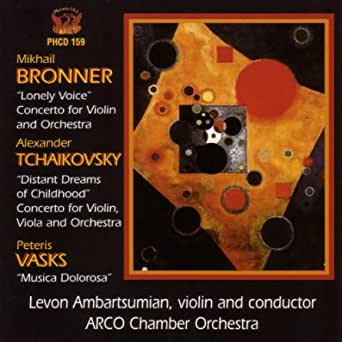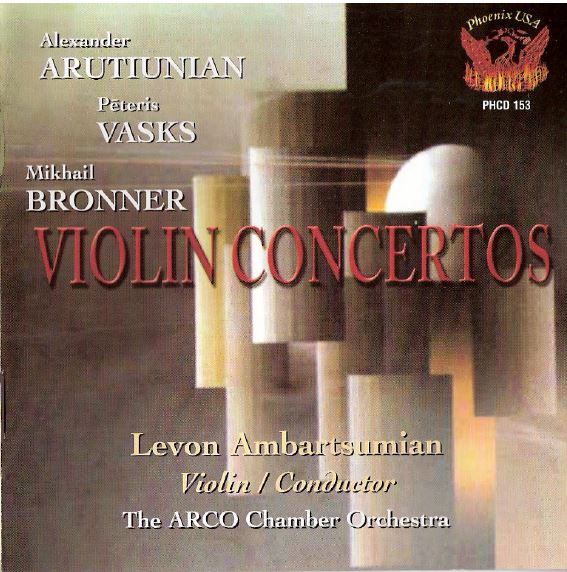
Vasks, Peteris
The music of Latvian composer Peteris Vasks and each individual work is a “message”. Vasks resolutely addresses, preaches, advocates, therefore his music is not classical but programmed in a literary sense: in conjunction with an idea, a moral and emotional frame of reference. Peteris Vasks has always composed for the listener. This fact became most apparent after 1990, when, thanks to the Schott Publishing Company (Germany) his scores became readily available, CD’s began to be recorded and released and such renowned musicians as violinist Gidon Kremer, Finnish conductor Juha Kangass, cellist David Geringas and the Hilliard Ensemble began to take notice. A whole new world was also opened for Vasks’ music through the Bill T. Jones Dance Troupe (U.S.) and the Netherlands Ballet Theater.
Peteris Vasks was born in Aizpute, Latvia on April 16, 1946.mThe son of a minister and with its ensuing stigma in the former Soviet Union Vasks finallv found a safe haven for his budding talents in neighboring Lithuania. Finishing his musical education in 1970 as a double-bass player, Vasks became a member of the Latvian National Opera orchestra, the Latvian Symphony Orchestra and chamber orchestra. In 1978, after graduating the Latvian State Conservatory’s Composition Class, Vasks began his (still ongoing) career as a pedagogue. Many of his pupils are now noted Latvian composers in their own right. His initial compositional forays were noted for their unconventionality. In utilizing the new aleatorical approach and forging new avenues, Vasks followed the lead of his mentors Lutoslawski, Penderecki and Crumb. By the 1980’s, Vasks had found his unique “vocabulary” in string, brass and piano music, consolidating his unchanging “pro”, even calling his dramatic piano trio, Episodi e canto perpetuo.
Through daily dramas and conflicts, there is always a path to the eternal and the merciful that can be found in life’s primitive, natural order. A pastoral scene seen from afar as constant and familiar, upon closer visual (and aural) examination becomes live matter with strong inner currents and gradual vertical ascention.To understand the music of Peteris Vasks is to understand the Latvian language and spirit. The smallest segments in musical language – intonation, phrasing and accents to an all encompassing historical and emotional experience of the Latvian people are contained in Vasks’works, especially in Litene, Latvia, Lauda and Voices (Balsis). Just as to understand the Estonian vernacular through Part, the Polish vernacular through Gorecki and the Georgian through Giya Kancheli, all of whom Vasks considers his contemporaries in music and soul. Peteris Vasks is the 1996 recipient of the Vienna Herder Award and the 1997 Latvian Grand Music Award (Liela muzikas balva) for his Concerto for Violin (Tala Gaisma).

